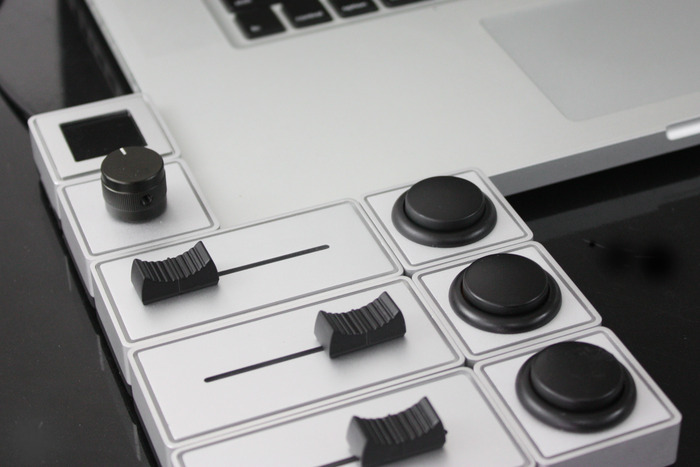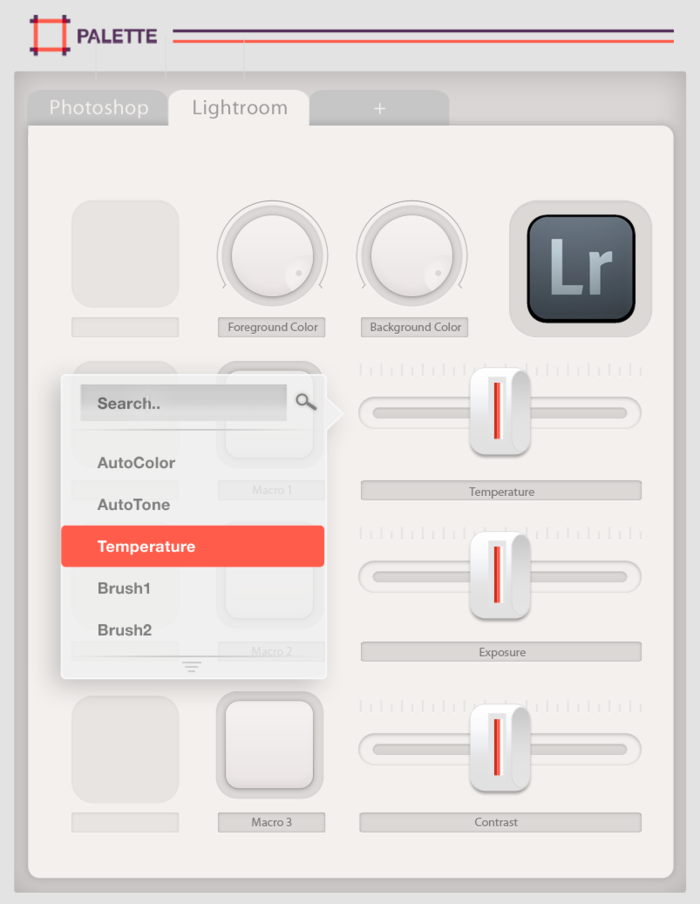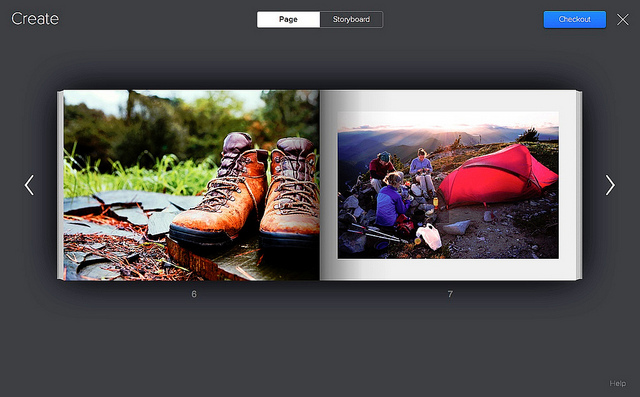Entries to the fiftieth anniversary Wildlife Photographer of Year are now being accepted! You have until midday (GMT) on 27 February 2014 to make your submissions.
If you're an adult, you'll need to pay a £30 entrance fee. Entry for under-17s is, however, free. Whether you're aiming for the adult or Young competition there are ten 'single image' categories: mammals, birds, amphibians and reptiles, invertebrates, plants and fungi, underwater species, the earth’s environments, the world in our hands, black and white, and natural design. You can submit a maximum of 20 images if you're an adult and ten if you're under 17 years old. There are also four adult special awards, including a time-lapse feature, and one special report competition for young people.
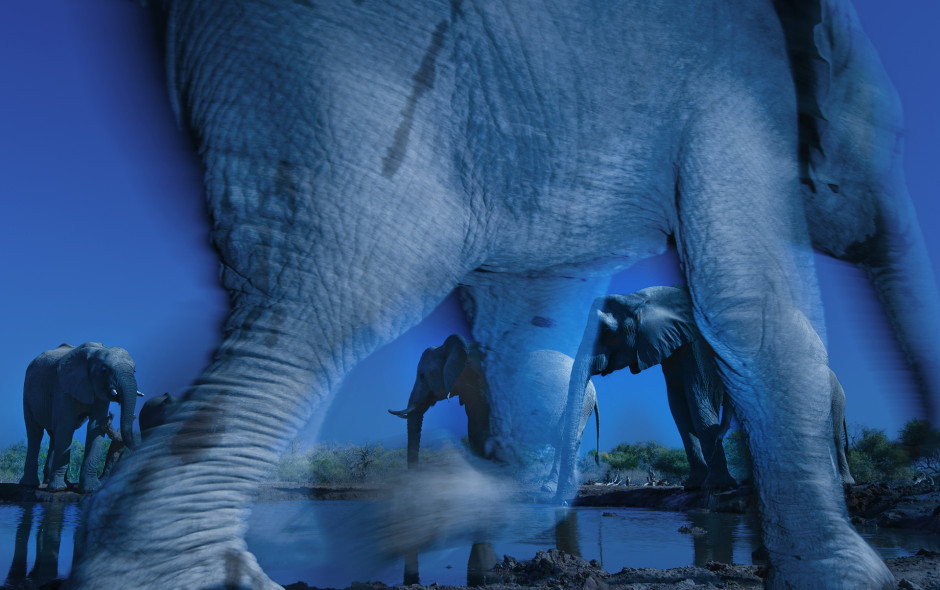
The young people's special interactive award, WILD-I, is probably the competition that I find the most exciting. They're being asked to submit one report captured on a mobile device that comprises six images, a 150-word report, and up to 90 seconds of moving footage. The judges are looking for personal or newsworthy features about the natural world that have been captured on a mobile device, are well-researched, tell the story innovatively, and of course are high quality. The feature can explore anything from conservation efforts to documenting habitat destruction. I suppose it appeals to my love of projects.
There are some fantastic prizes on offer, especially in the young people's competition. The over all Young Wildlife Photographer of the Year, who'll be chosen from the age category winners, receives £1,000, a trophy, and a two-day field workshop with an experienced photographer to explore technical and creative development. Anyone who wins their age category (the competition is divided into three: 10 and under, 11 to 14, and 15 to 17) receives £500, a medal, a trip to London for the awards ceremony, a year's subscription to BBC Wildlife magazine, and a one-day workshop.
The WILD-I winner will bag £750, a medal, a trip to London for the awards ceremony, a year's subscription to BBC Wildlife magazine, a Natural History Museum field assignment, and a one-day workshop. Anyone who makes the finals in their age group takes home a certificate, a year's subcription to BBC Wildlife Magazine, and a one-day workshop from their trip to London for the awards ceremony.
There are quite strict rules on what subject matter is admissible or not for this competition, so please do read through everything carefullly. All of the details are on the Natural History Museum's website.
The Wildlife Photographer of the Year competition usually produces a cracking exhibition at the Natural History Museum in London, so I'm really looking forward to your entries!
![Image taken from page 582 of 'The United States of America. A study of the American Commonwealth, its natural resources, people, industries, manufactures, commerce, and its work in literature, science, education and self-government. [By various authors.]](http://static1.squarespace.com/static/54ca877ce4b014ea90e14bda/54ca9f5de4b021f8b6d68cc1/54caa185e4b021f8b6d6c64b/1422565765404/11305478975_8d6c5064592.jpg?format=original) You can take a look at the images over on the British Library's Flickr stream and if you have any bright ideas to help them with the project, they'd be interested to hear from you, too.
You can take a look at the images over on the British Library's Flickr stream and if you have any bright ideas to help them with the project, they'd be interested to hear from you, too.





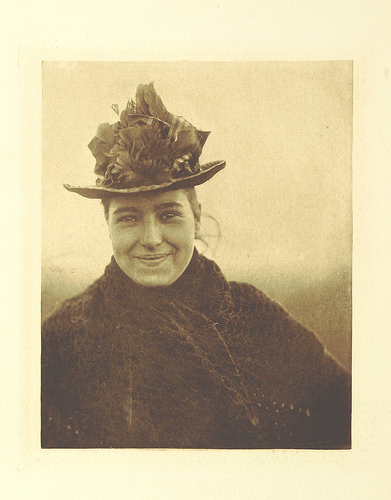



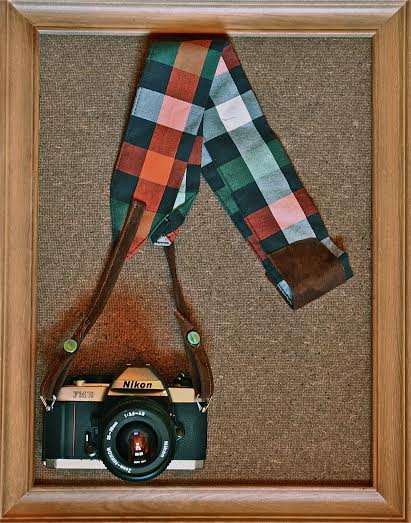
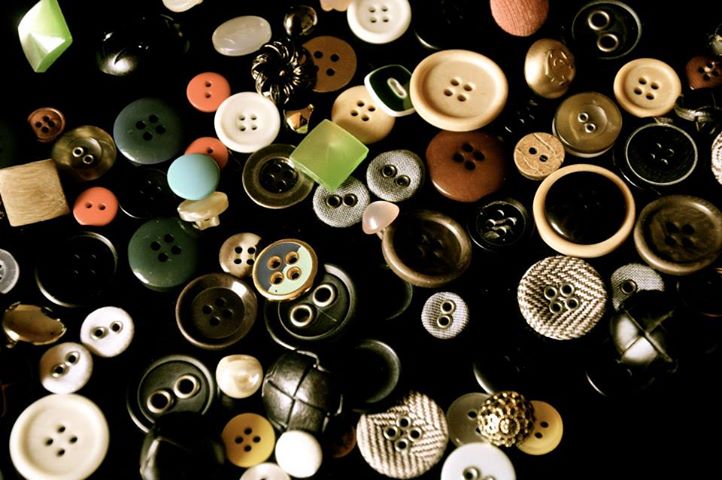
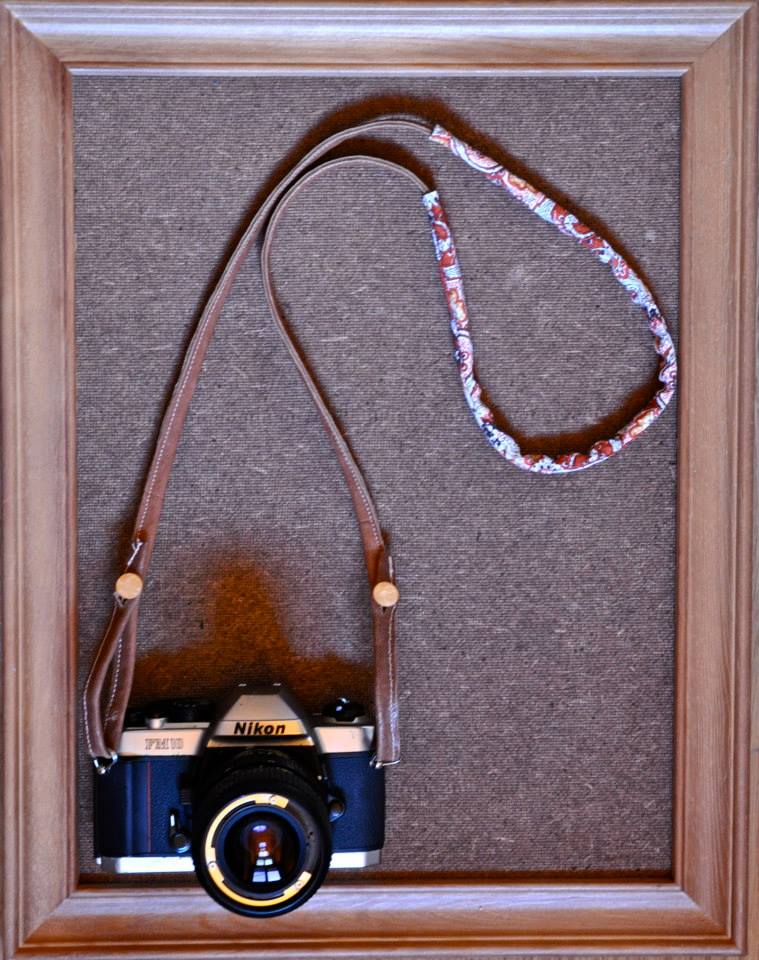

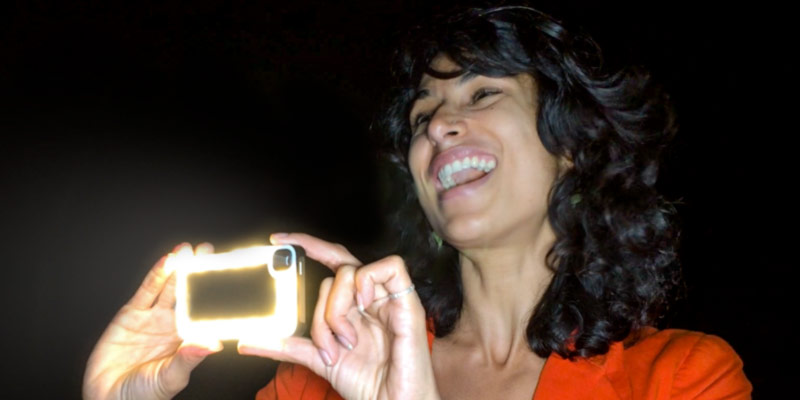

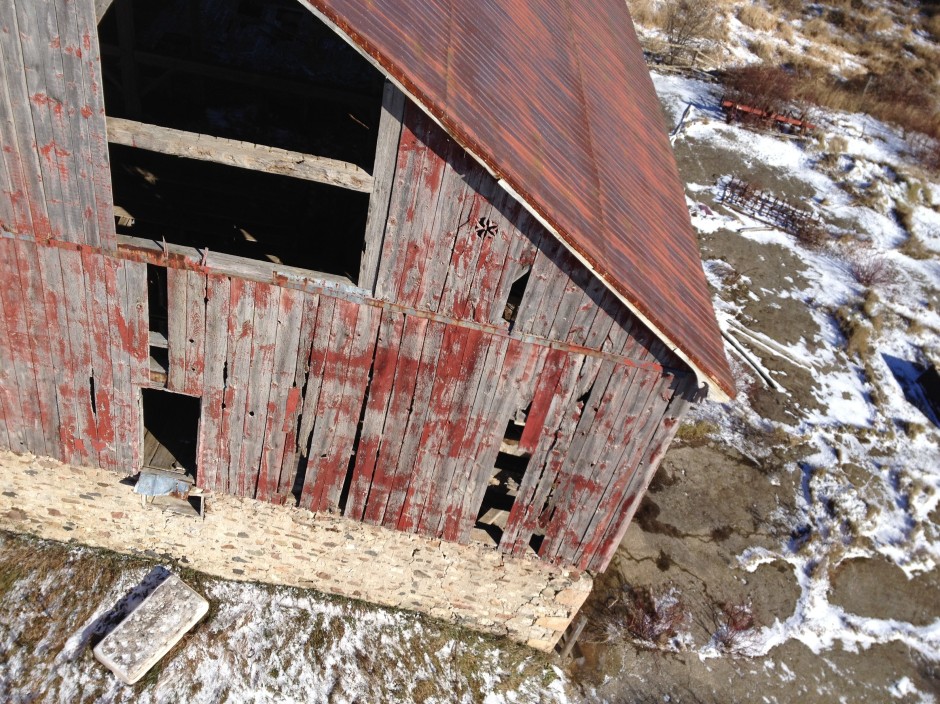
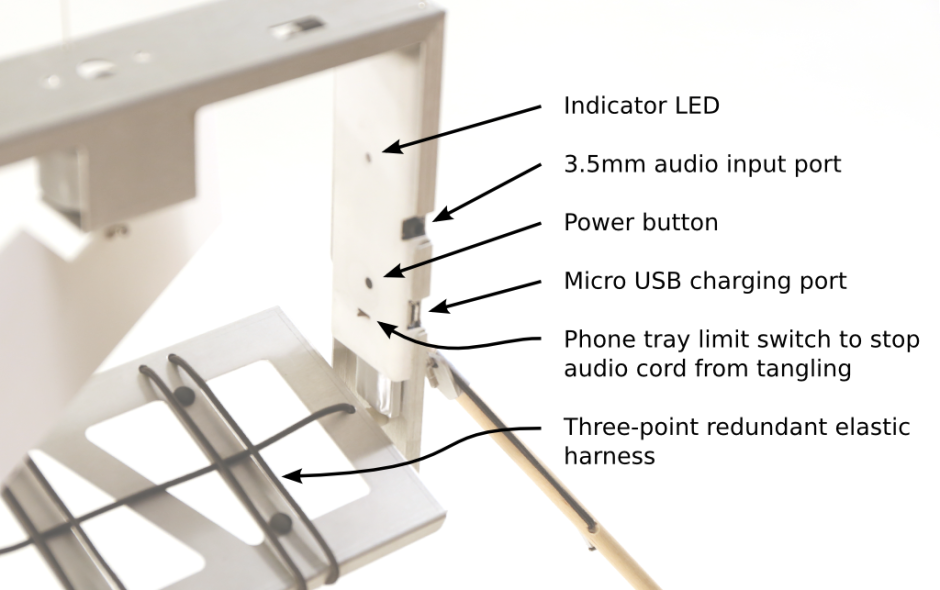

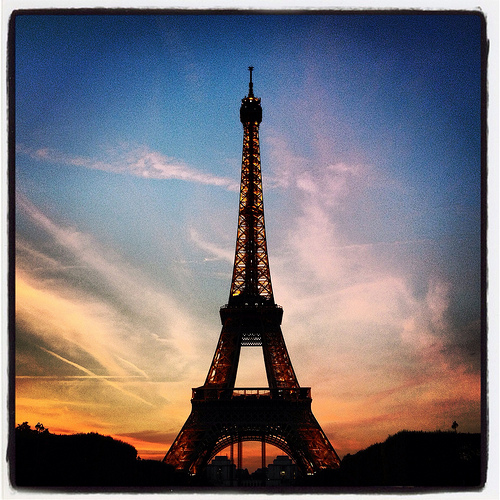
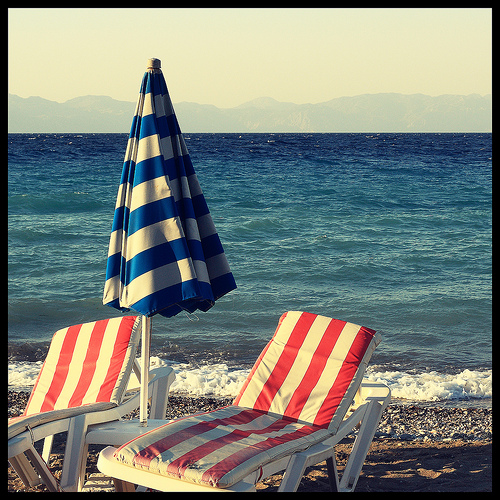
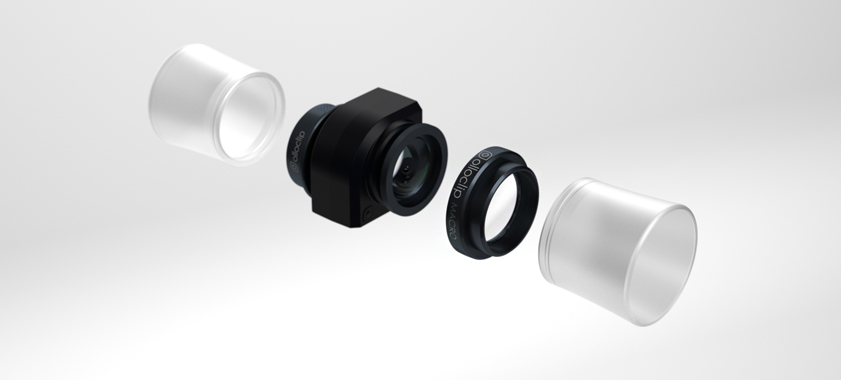
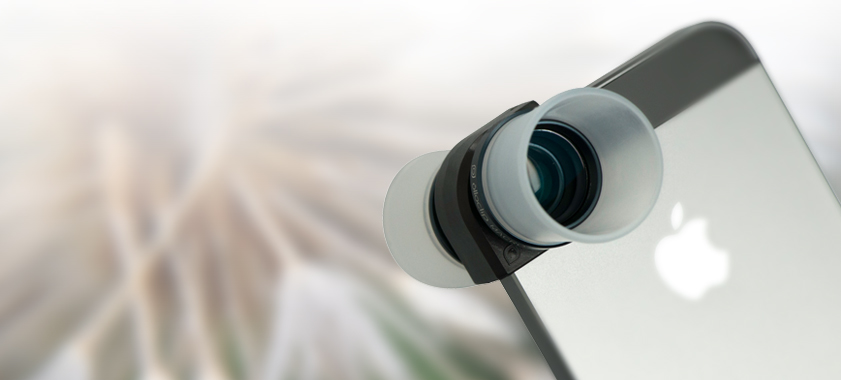


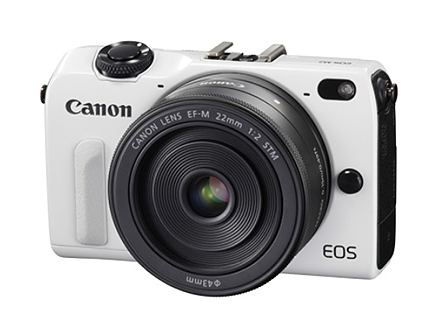

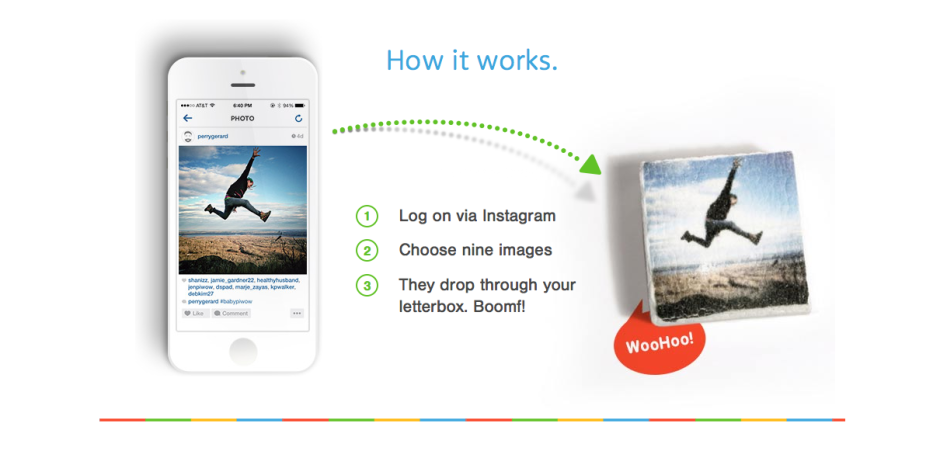

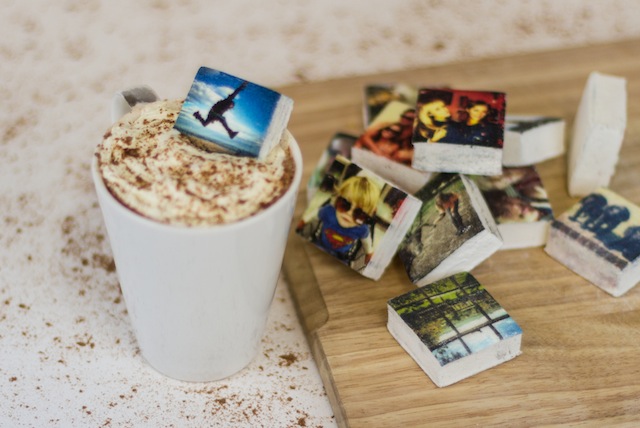
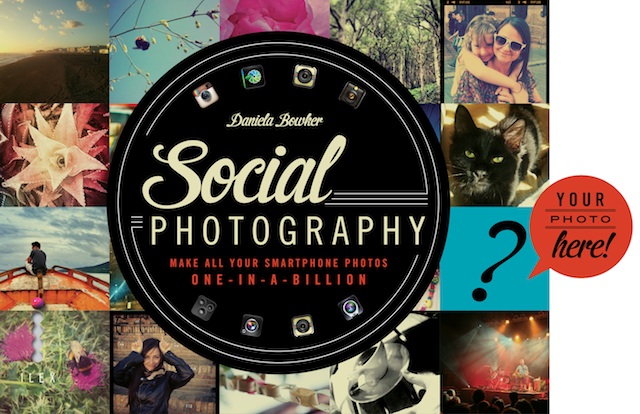 My newest book is due, many-things-but-mostly-the-weather-permitting*, to be published in April next year. Apart from me signing off on the final proofs, its publishers, the
My newest book is due, many-things-but-mostly-the-weather-permitting*, to be published in April next year. Apart from me signing off on the final proofs, its publishers, the 